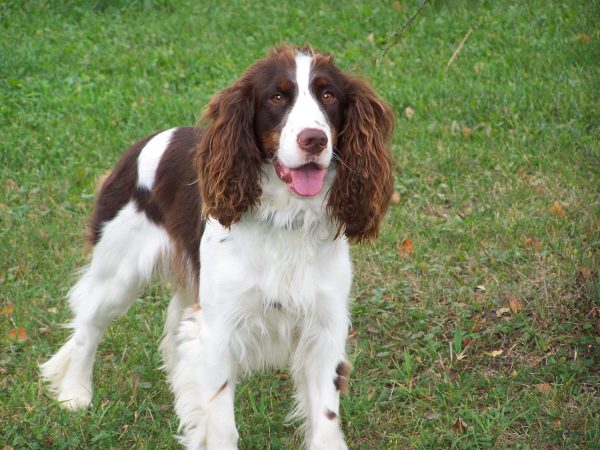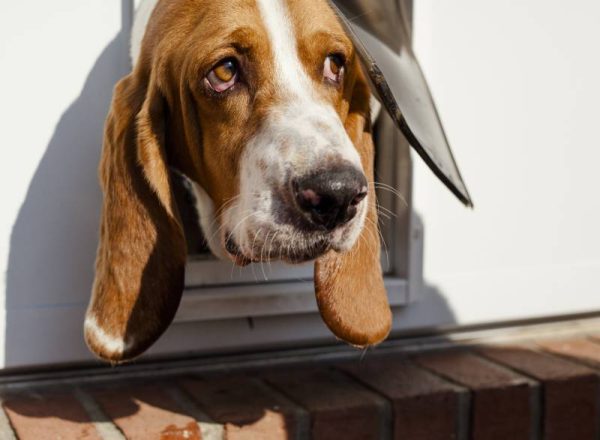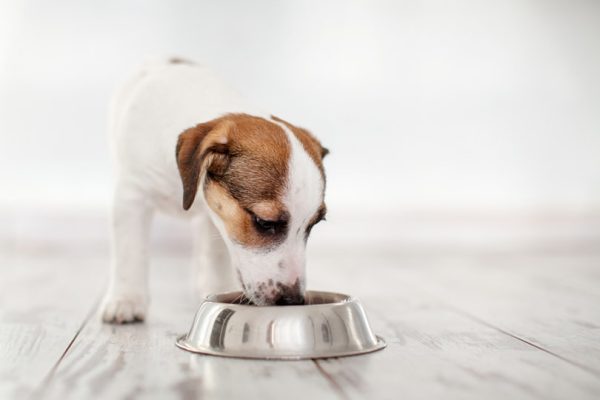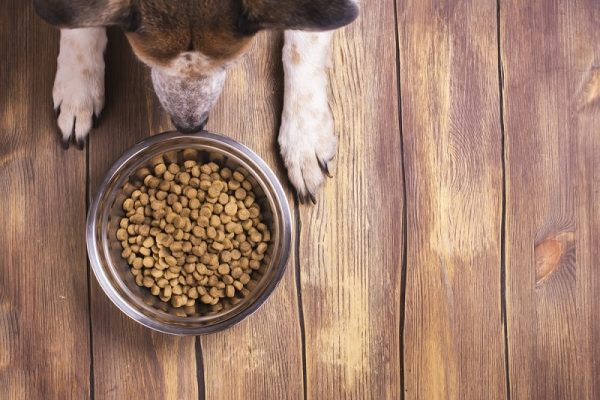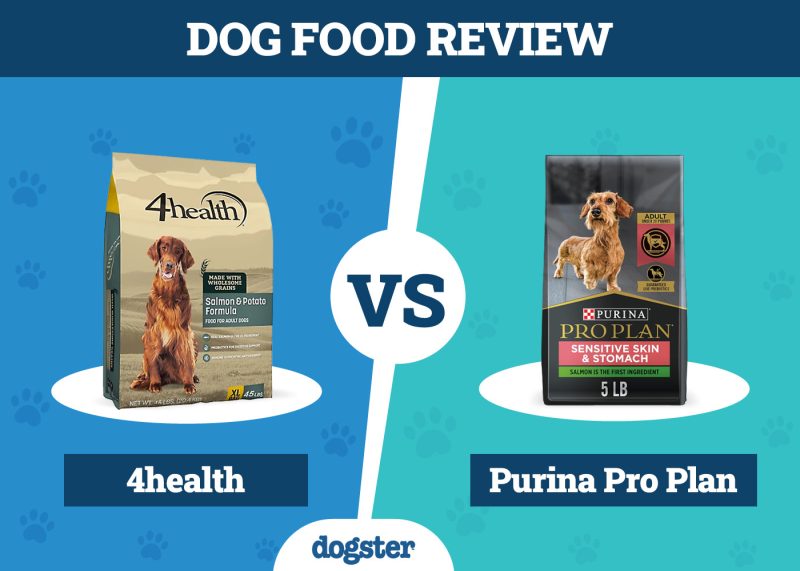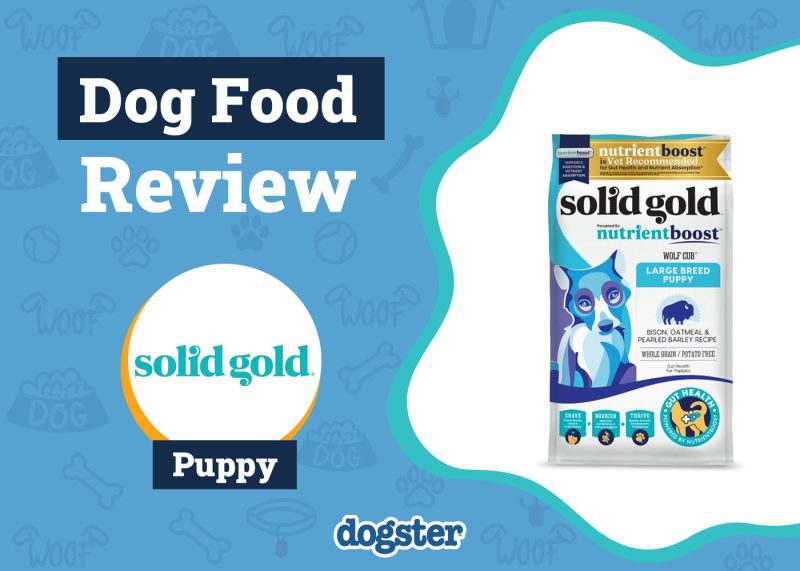In this article
If there’s an aroma guaranteed to get dogs drooling and gazing up at you with big, pleading eyes, it’s the smell of bacon cooking. As much as you may want to indulge your pooch, it’s wise to hold off on the bacon because, while not a toxic food like chocolate or raisins, it’s simply too salty and fatty for dogs.
Because of the salt and fat content, too much bacon could lead to gastrointestinal upset or even serious conditions like pancreatitis. In this guide, we’ll address why bacon isn’t suitable for dogs and the potential dangers of making these meaty strips a part of your dog’s diet.

Why Can’t Dogs Eat Bacon?
If your dog snaffles a little bit of bacon, it’s unlikely to cause any major issues. However, if a dog were to eat multiple pieces, they would be at a higher risk of getting sick because bacon is jam-packed with salt and fat.
Ingesting too much salt can mess with your dog’s electrolyte balance and result in poisoning (more on this further down), while foods containing high amounts of fat are hard on the pancreas—an organ that aids in blood sugar regulation and digestion. Unfortunately, eating even one meal too high in fat can seriously affect a dog’s pancreas. Not to mention, diets high in fat can lead to weight gain and obesity.
Let’s explore the potential dangers of bacon for dogs in more detail.
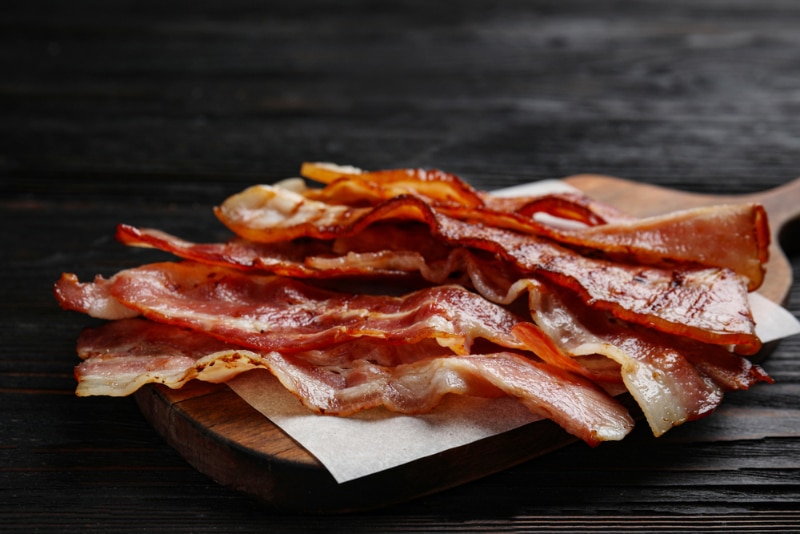
Dangers of Feeding Bacon to Dogs
As a result of eating too much bacon, dogs could experience gastrointestinal upset with signs like diarrhea, vomiting, and abdominal pain. In some cases, the effects can be much more severe.
Salt Poisoning
A 2020 survey revealed that 86% of bacon products contain as much salt or even more salt than seawater. Another startling finding: There can be 2.84 grams of salt in just two rashers of bacon.1
Fortunately, quality dog food brands formulate their recipes to contain just the right amount of sodium for dogs. Any outside sources of salt from their daily diet would be considered excess, which can lead to some health risks.
Salt poisoning, though rare, can occur if a dog eats a lot of salt or doesn’t drink enough water, and this can be fatal if you don’t seek immediate veterinary attention. This happens because high levels of sodium in the bloodstream draw water out of cells as a way to try and create a neutral balance. This can increase the blood pressure and workload on the heart.
- Diarrhea
- Vomiting
- Excessive thirst
- Frequent urination
- Appetite decrease
- Tremors
- Seizures
- Lack of coordination
- Coma
- Lethargy
If you need to speak with a vet but can't get to one, head over to PangoVet. It's our online service where you can talk to a vet online and get the advice you need for your pet — all at an affordable price!
Pancreatitis
Pancreatitis is an inflammation of the pancreas, an enzyme and insulin-producing organ that plays a role in the digestive process and regulates blood sugar levels. Fatty foods can trigger pancreatitis because the fat content is simply too much for the digestive system to handle. Like salt poisoning, pancreatitis can be fatal without treatment.
- Vomiting
- Diarrhea
- Nausea
- Dehydration
- Weakness
- Abdominal pain: hunched back, holding the rear end high and the head low
- Lower appetite
- Distended abdomen
- Fever
Obesity
Finally, regularly feeding fatty foods like bacon to dogs can result in weight gain and obesity, which comes with an increased risk of health conditions like diabetes and joint disease.
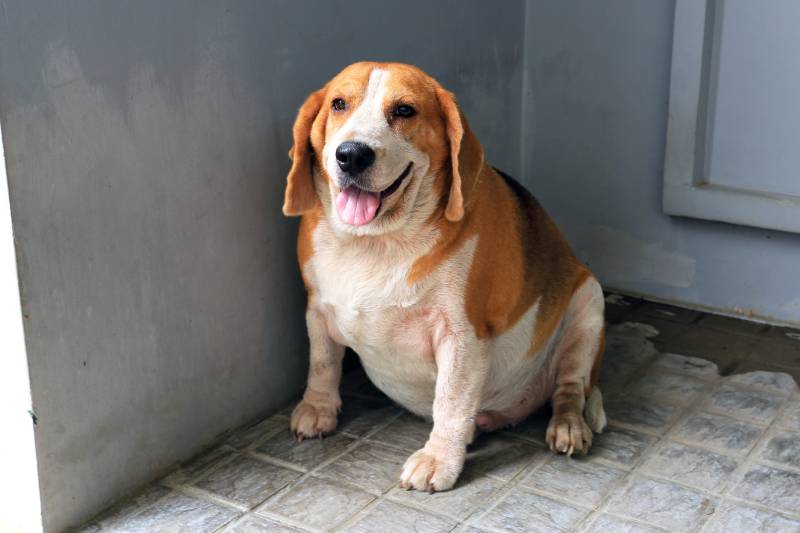
Can My Dog Eat Bacon-Flavored Treats?
If they’re treats formulated for dogs, then go ahead! Bacon-flavored treats are a great alternative to strips cooked at home. Reputable brands formulate their treats to contain safe levels of sodium and other ingredients, so these are fine for dogs as long as you offer them in moderation and according to the guidelines on the packaging. Ask your vet if you have any questions about high-quality brands to try.
Can My Dog Eat Bacon Grease?
No, bacon grease isn’t a suitable treat for dogs. Like bacon, it isn’t toxic in itself, but it does contain a lot of fat. Potential risks include stomach upset and pancreatitis if the dog ingests a large amount of bacon grease.
Is Raw Bacon Safe for Dogs?
No. Raw bacon can be harmful because raw meats are potential hotspots for bacteria like Salmonella, Listeria, and E. coli. These nasties could cause dogs to experience gastrointestinal signs like diarrhea, vomiting, and blood in the stool, as well as lethargy, loss of appetite, fatigue, fever, and dehydration.

Final Thoughts
If your dog managed to hoover up a bit of bacon that fell on the floor, try not to worry too much. As long as it wasn’t much, they’re unlikely to come to any harm. However, if your dog has eaten multiple pieces of bacon, keep an eye on them for signs of illness and contact your vet immediately if you spot any.
See Also:
Featured Image Credit: DronG, Shutterstock








